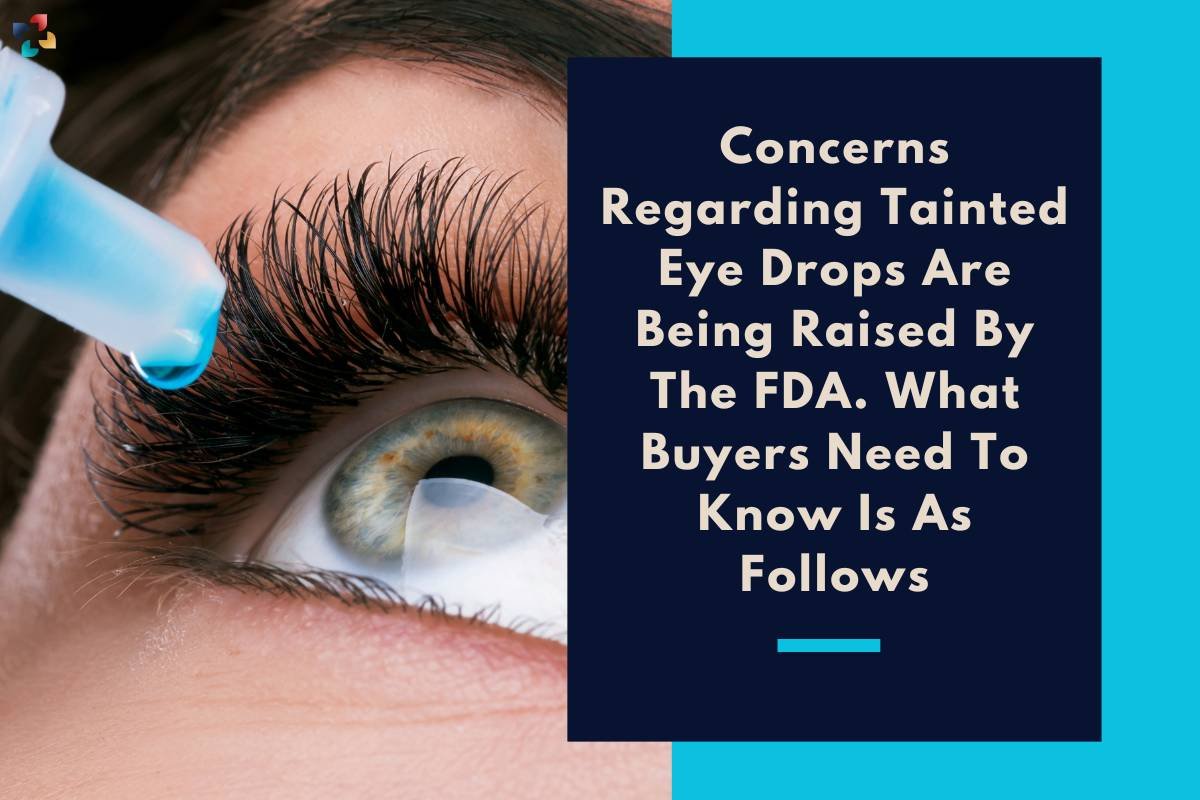This year, many regulatory alerts concerning the possibility of germs in hundreds of brands have alarmed consumers who use eye drops.
A number of eye drop product recalls were notified by the Food and Drug Administration earlier this year, following reports of four fatalities and numerous incidents of vision loss. The government issued a warning against the use of two more eye drop products in August due to the possibility of bacterial or fungal contamination. The FDA most recently advised customers to cease using 27 eye drop products that may have been contaminated with bacteria last week.
A number of customers are reluctant to use their preferred fake tears because of the barrage of warnings. However, experts told CBS MoneyWatch that consumers shouldn’t be frightened because the warnings only indicate that authorities are looking more closely at over-the-counter eye drops, which should eventually cause the products to suffer.
Here’s what you should know about the latest wave of product recalls for eye drops and how to determine if it’s time to switch dry-eye medications.
What concerns did the FDA have with 27 different eye drop products?
The government found hazardous bacteria and “insanitary conditions” at a plant where the goods were created, leading it to issue a warning against 27 dry-eye products sold under store names, including CVS Health, Rite Aid, Target Up & Up, and Walmart’s Equate.
After the products’ maker and distributor “failed to act quickly” to recall the products, the FDA advised retailers and brands selling the impacted products to take them off shop shelves and websites, an FDA representative told CBS MoneyWatch.
Why have there been so many recalls or alerts about eye drop products?
Eye drop products may be produced at the same facilities or by the same suppliers, so a bacterial epidemic at one plant might impact a number of products under different brands, according to Columbia University management expert Carri Chan, who spoke with CBS MoneyWatch.
According to Chan, the issues might possibly be connected to the FDA’s efforts to closely examine the products. An FDA official told CBS MoneyWatch that the agency started closely monitoring eye drops following an earlier this year outbreak of Pseudomonas aeruginosa, a drug-resistant infection.
“From the packaging to the actual drops that are going into the bottles,” Chan believes the FDA could identify more problems with eye drops that could increase the danger of bacterial contamination.
Compared to other pharmaceutical products, eye drop products require a “much finer oversight on the manufacturing side in order to ensure that there’s no contamination whatsoever,” which makes them more likely to be recalled. Eye drop products must be sterile to be safe to use.
How can I find out if the FDA has issued a warning or conducted a recall about my eye drop product?
The FDA maintains a current list of eye drop products that users should discard right away. To find out if the eye drop product you typically use has been recalled, you can also visit the manufacturer’s website.
How can I ensure my safety?
According to Dr. Christopher Starr, a representative for the American Academy of Ophthalmology, people who use eye drops should be able to identify the symptoms of an eye infection and get medical attention right away if they have negative reactions to their usual brand of drops, CBS MoneyWatch said. According to him, drainage, redness, or soreness are indicators of an infection.
Furthermore, Starr advised customers to constantly verify the expiration date on their eye drop products before using them. This is due to the fact that, according to Starr, even properly made, non-recalled eye drops may harbour hazardous microorganisms after their expiration date.
Also Read: ‘Artificial Womb’ For Human Children Is A Topic Of Discussion Among FDA Advisors







